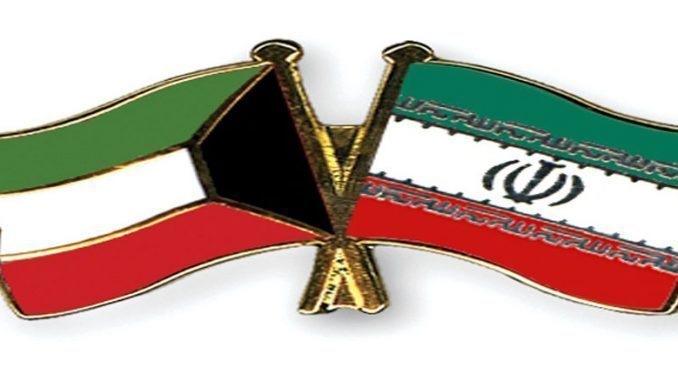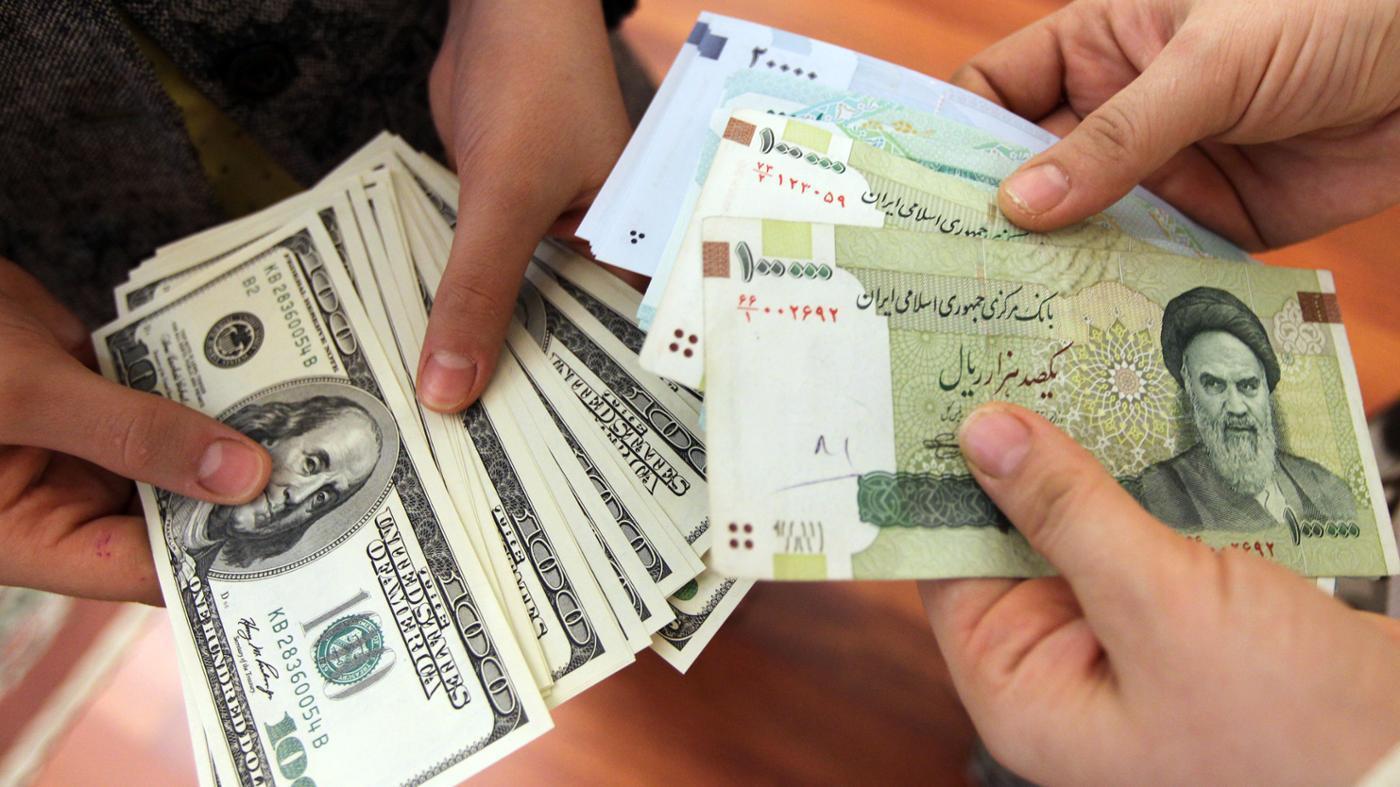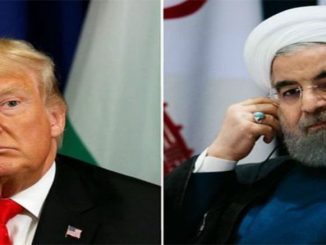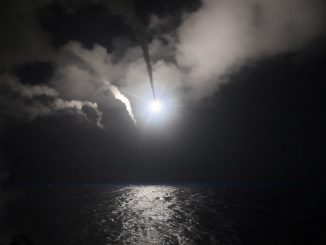
Kuwait has expelled Iranian diplomats and closed military, culture and trade missions on its soil following the conviction of ‘terror cell’ allegedly linked to Tehran.
Kuwait ordered the expulsion of around 15 Iranian diplomats on Thursday following the conviction of a “terror” cell in the Gulf state allegedly linked to Tehran, a government source told AFP.
The Gulf state also ordered the closure of Iranian “military, cultural and trade” missions, the unnamed official added.
Last month, Kuwait’s supreme court sentenced the cell’s mastermind to life in prison and 20 others to various prison term over alleged links with Iran and Hizballah.
It is thought that the group was plotting to carry out attacks in Kuwait.
In 2006, Iranian President Mahmoud Ahmadinejad became the first Iranian leader since 1979 to visit Kuwait, where he referenced Kuwait and Iran’s territorial dispute: “There is no problem between us [Iranians] and the brothers in Kuwait which cannot be solved. But it needs some technical studies.”
In 2012, Mohammad Abdullah Al Mubarak Al Sabah, Kuwait’s then-Minister of Information, expressed support for Iran’s right to obtain nuclear power for civilian purposes, although only if Tehran complied with international safeguards. The following year, when Iran and global powers reached the interim nuclear deal, Kuwait and Qatar were the first GCC states to come out in favor of the agreement. Khaled al-Jarallah, Kuwait’s Foreign Ministry Undersecretary, expressed optimism about the interim deal leading to a permanent accord which could “defuse tension” and contribute to the “stability and security of the region.”
After Hassan Rouhani succeeded Ahmadinejad in 2013, his administration sought to improve Tehran’s relations with Kuwait and other GCC members. In 2014, Emir Sheikh Sabah Al Ahmad Al Sabah paid a historic visit to Tehran to meet with Iran’s Supreme Leader and Rouhani, marking the first visit of a Kuwaiti Emir to the Islamic Republic. That same month Kuwait’s Oil Minister Ali Saleh al-Omair expressed his nation’s need for “Iranian gas through cooperation between the two countries.” However, economic sanctions on Iran represented a major hurdle.
After the signing of the Iranian nuclear deal last year, Iran’s Foreign Minister Mohammad Javad Zarif visited Kuwait, Qatar, and Iraq to assuage regional concerns about Tehran’s foreign policy agenda while promoting deeper Arab-Iranian cooperation in the struggle against violent extremism in the Middle East. However, Kuwaiti-Iranian relations took a downturn in January of this year after Kuwait recalled its ambassador to the Islamic Republic as a gesture of solidarity with Saudi Arabia. The move came after hundreds of Iranians attacked Riyadh’s embassy in Tehran and consulate in Mashhad in response to the kingdom’s execution of Sheikh Nimr al-Nimr.
Gulf power and Kuwait ally Saudi Arabia has been at loggerheads with Iran over a number of regional issues.
Saudi Arabia has also led a blockade on GCC partner Qatar, due to its alleged close links with Iran.



